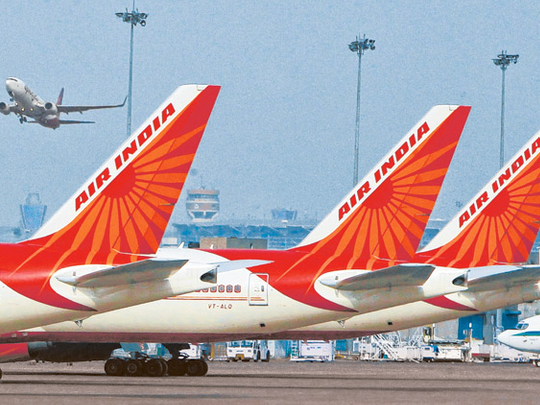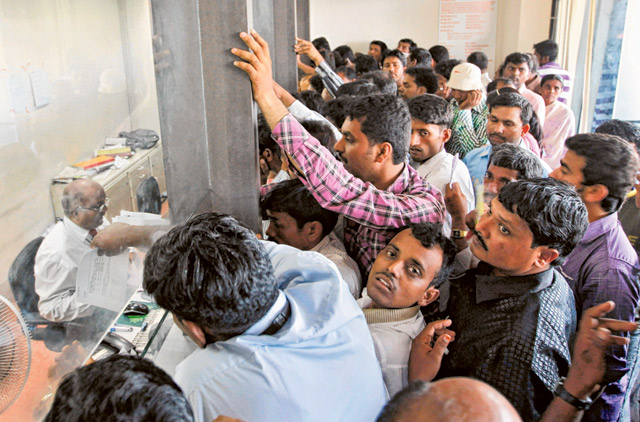
Mumbai: Would better communication between officials of Air India Express and passengers on its Abu Dhabi-Kochi flight that was diverted to Thiruvananthapuram, have prevented the unwanted ‘hijack’ drama on October 19?
According to the airline’s spokesperson, Aby George, based in Kochi, there was certainly “an error in communication. My strong opinion is that the duty officer did not communicate properly with the passengers,” he told Gulf News.
He terms it as an “absolutely unfortunate” incident. The airline even went to the extent of lending a “humanitarian gesture by offering a personalised cab service up to the homes of passengers after taking them by road”.
He strongly denies passengers were asked to travel on their own to Kochi from Trivandrum. “We could not ferry them by air as it would have taken a lot of time to get a fresh set of crew and pilots to take the aircraft back to Kochi.”
This is the first incident of diversion, he says defensively.
As for the recent cancellations and delays, over 150, “these numbers are created by vague groups. The cancellations in September occurred as two aircraft were pulled out for Haj operations and our schedule had to be trimmed—by 19 on the whole.” AI Express’s flights were cancelled or delayed for just one week, he says.
“By September 17, all flights were not only normal but for our winter schedule we have increased our 92 services to 119 per week. Cancellations, which are not under our control, are now passé. Our only request to our passengers is, ‘please be patient’. We want to serve our esteemed customers and will never leave you in the lurch.”
Though said in all sincerity, only time will tell how the airline, whose Gulf operations are the biggest spinner in terms of revenue, will truly start valuing its passengers, mostly from Kerala.
Despite the voluminous number of complaints targeted by Keralites towards Air India Express, most Gulf-bound travellers from this state chose to fly by Air India. That is because, “our fares are less by 20 per cent as compared to other carriers,” he says.
“Our operations are mammoth compared to any other airline and therefore, even if there is one cancellation, it can cause a huge backlash.” Yet, the airline should also realise that passengers only want their journey to be a smooth, tension-free one and no one really cares what a company’s internal problems or challenges are.
Mounting anger against the airline compelled the state’s chief minister to announce its own airline called Air Kerala. George thinks “it would be a very good venture. But they should be prepared to face intense competition. You cannot run an airline for charity,” he says.
Sixty per cent of operating costs of an airline are externally driven. The cost of aviation turbine fuel, landing and parking charges, ground handling charges and rate of cockpit which is not in the control of an airline. “The rest, 35 per cent, goes into infrastructure, catering and so on. Yet, not many are able to offer the fares that we do.”













